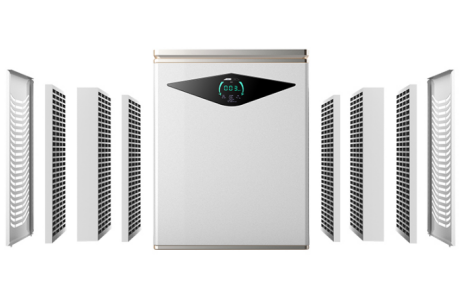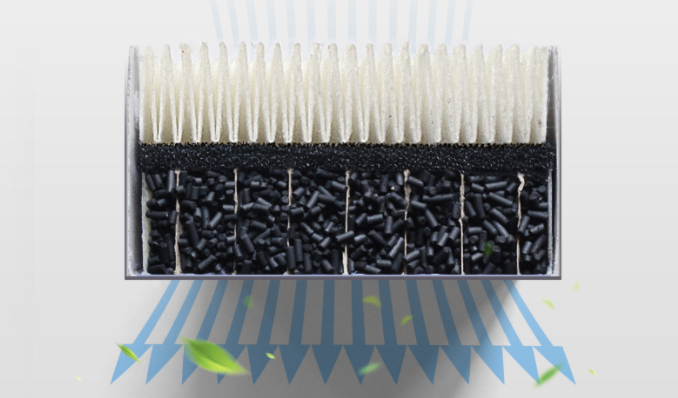The air purifier market is witnessing significant growth fueled
In recent years, there has been a growing concern over air pollution and its negative effects on human health. As a result, air purifiers have become more popular than ever, leading to a booming market in the air purifier industry.
According to a report published by Marketsand Markets, the global air purifier market was valued at $13.6 billion in 2020 and is expected to reach $19.9 billion by 2025, growing at a compound annual growth rate (CAGR) of 7.8% during the forecast period. The report suggests that the rise in air pollution levels, increasing consumer awareness about the benefits of using air purifiers, and the growing trend of smart homes are key factors driving this market growth.
Another contributing factor to the growth of the air purifier market is the COVID-19 pandemic. With the virus being transmitted through the air, people have become more conscious about the quality of the air they breathe, leading to an increase in demand for air purifiers. In fact, according to a survey conducted by Allergy Standards, a certification company, nearly 70% of consumers who bought air purifiers during the pandemic did so specifically for COVID-19 concerns.
In terms of types of air purifiers, the HEPA (High-Efficiency Particulate Air) filter segment dominates the market. This is due to the effectiveness of HEPA filters in capturing pollutants and particulate matter from the air. However, other technologies such as activated carbon filters, UV lights, and ionizers are also gaining popularity.
The North American and European markets are expected to grow significantly in the coming years due to the rising awareness about the dangers of air pollution.
In conclusion, the air purifier market is witnessing significant growth fueled by various factors including air pollution, consumer awareness, smart homes. With the market expected to continue growing in the coming years, we can expect to see more technological advancements and innovations in this industry.


